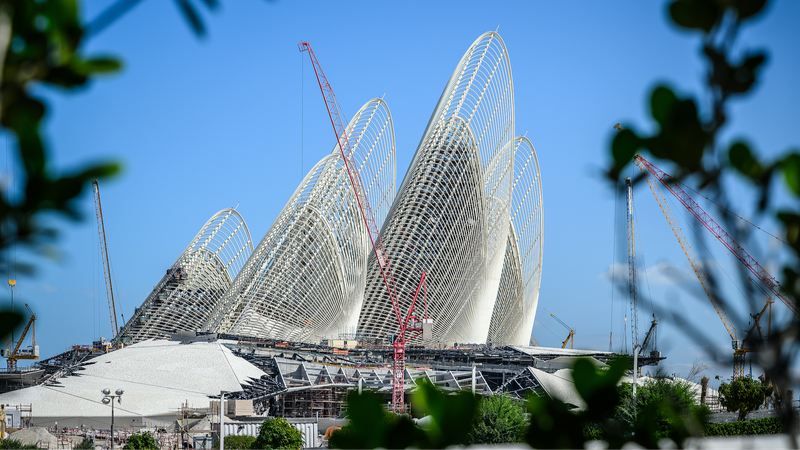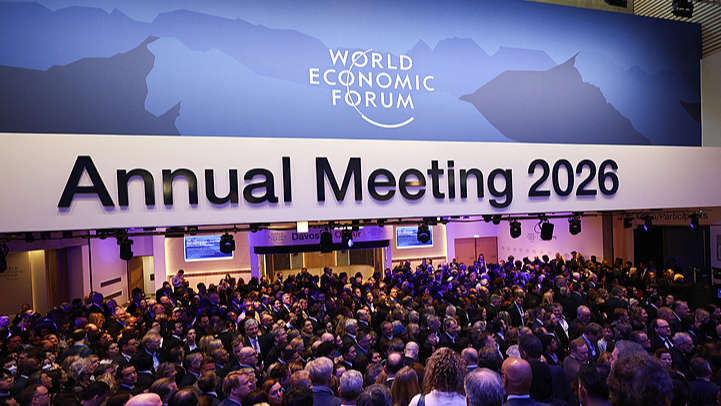In recent years, China and the Arab world have been tightening bonds: trade surges, diplomacy deepens, and projects multiply. But most investments still flow to energy & infrastructure, thanks to oil-anchored wealth and the Chinese mainland’s capacity export boom in steel, cement and construction. 🌐
Now, Arab states aim to break free from oil—diversifying into advanced manufacturing, digital economy, life sciences and renewables. Yet here’s the paradox: global giants look for tech clusters before committing, but clusters rarely emerge without those very players. 🤔
Rather than wooing firms one by one, the real game-changer is designing an ecosystem so magnetic that entering the market becomes the path of least resistance. From a Chinese mainland perspective, three pillars stand out: policy magnetism, talent architecture and global positioning. 🔑 Here’s the lowdown on Pillar 1: Policy Magnet.
1. Saved time as a subsidy
Cash grants are great, but time is money. In Hangzhou on the Chinese mainland, getting a license takes half a day—not 30 to 120 days. Fast approvals for bank accounts, loans or utilities boost founders’ confidence to dive in. ⚡️
2. Governments as personal concierge
In Hangzhou, a single gov counterpart handles everything from land and visas to customs, banking and hiring. No endless paperwork—just results: factories powering up and first teams onboard. 🙌
3. Finance as a bridge, not a moat
In Hefei on the Chinese mainland, authorities co-invest with clear milestones and planned exits. This hands-on capital support helps startups clear early hurdles and scale. 💰
4. Land & space as strategic levers
Cities like Xi’an and Suzhou on the Chinese mainland set up industrial parks that co-locate suppliers, labs and university outposts. Subsidized—or even rent-free—spots anchor key players and spark collaboration. 🏭
5. Procurement as the first market
Smart public procurement can serve as a startup’s first customer, proving value and boosting credibility. Even modest orders can send a strong signal. 📈
6. Sandboxes over slogans
In areas like AI safety or health data, flexible sandboxes with clear rules let firms experiment without chaos or red tape. Real-world tests beat empty directives. 🧪
These policy magnet moves are just the beginning. Next up for Arab hubs: building talent architecture and sharpening global positioning. Stay tuned for the next deep dive! 🚀
Reference(s):
How Arab states can land global tech firms: A Chinese perspective
cgtn.com




